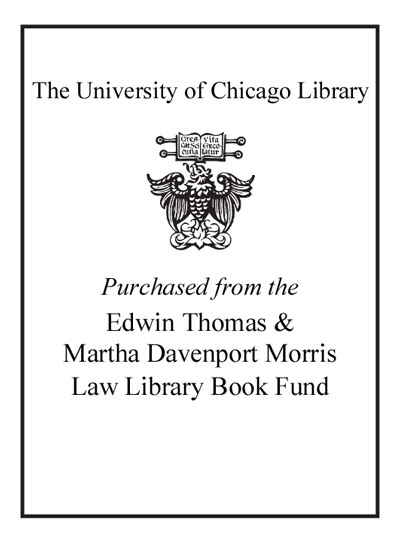Old English legal writings /
Saved in:
| Author / Creator: | Wulfstan, Archbishop of York, -1023, author. |
|---|---|
| Uniform title: | Works. Selections (2020) |
| Imprint: | Cambridge, Massachusetts : Harvard University Press, [2020]. ©2020 |
| Description: | xxxix, 439 pages ; 21 cm. |
| Language: | English Old English |
| Series: | Dumbarton Oaks Medieval Library; DOML 66 Dumbarton Oaks medieval library ; 66. |
| Subject: | |
| Format: | Print Book |
| URL for this record: | http://pi.lib.uchicago.edu/1001/cat/bib/12527273 |
Table of Contents:
- Political tracts. The laws of Edward and Guthrum ; The compilation on status ; On sanctuary ; Northumbrian church sanctuary ; The oath of the king ; The institutes of polity (1) ; The institutes of polity (2)
- Tracts on ecclesiastical governance. On episcopal duties ; On the remedy of the souls ; Instructions for bishops ; An admonition to bishops ; The canons of Edgar
- Royal legislation. 5 Aethelred ; 6 Aethelred ; 7 Aethelred ; 7a Aethelred ; 8 Aethelred ; 9 Aethelred ; 10 Aethelred
- Cnut's Oxford legislation of 1018
- Cnut's proclamation of 1020. 1 Cnut ; 2 Cnut
- Appendix 1, Questionable attributions. The Northumbrian priests' law ; The obligations of individuals and On Reeves
- Appendix 2, Revisions and reworkings. 1 Aethelstan ; 1 Edmund ; 2 Edgar and 3 Edgar
- Note on the texts
- Notes to the texts
- Notes to the translations.

